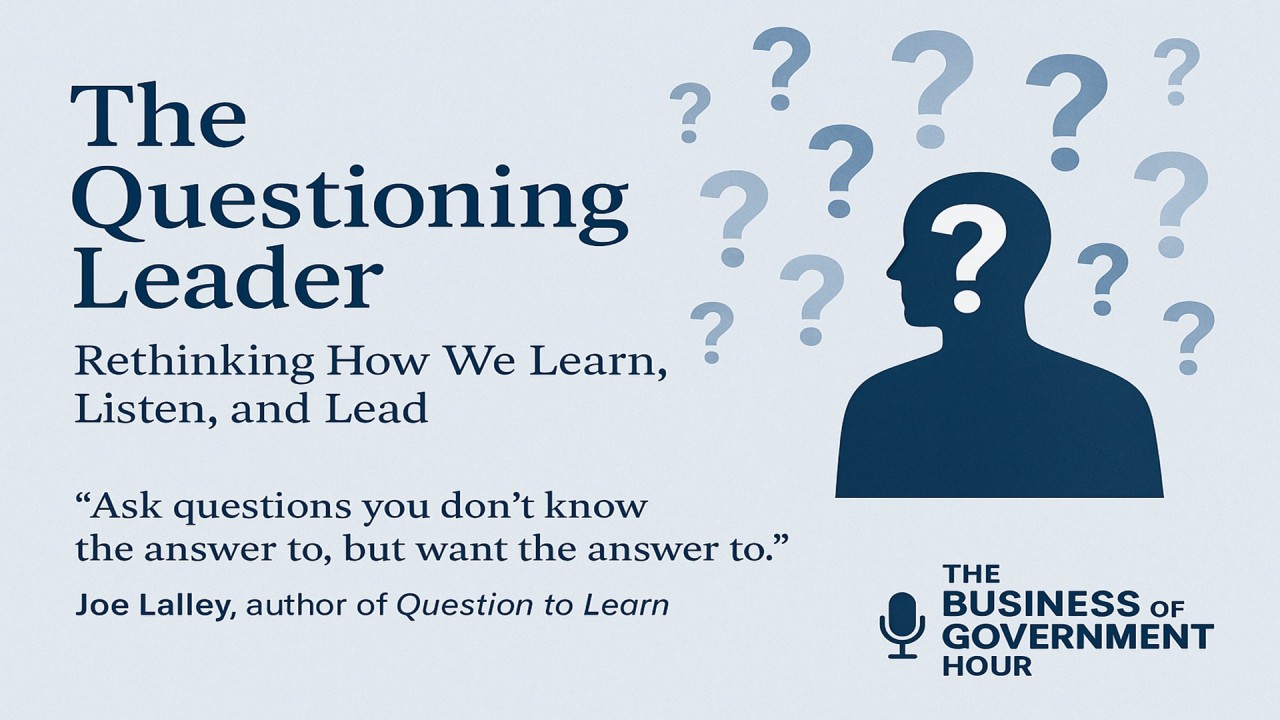Sep13

It is said common sense is not common. The same could be said for conventional wisdom. It is not wise.
Many organisations believe their strategy is sound, well thought through and effective. Yet often it mirrors the so called "strategy" of their competitors.
Roger Martin defines strategy as Making Choices: Where to play and How to win.
There are no guarantees in business, but the nearest executives have to guaranteed success, at least from an initial strategy choice is; identify a genuine unmet market need and find a way to meet that need in a way no one else is, or can, with a sole focus on outrageous customer delight.
Many executives will vehemently defend their well defined "plans" as a strategy where they have made quite a number of choices. However, these choices tend to be developed using very conventional models and mindsets;
This conventional approach often results in flat to either slightly increased or slightly decreased revenue and profits. Inline with many other contenders in that given market space.
Leaders, genuine breakaway differentiators, do not leverage conventional wisdom nor conventional models.
They understand that strategy, and the choices required to win, are underpinned by risk and courage.
While risks are typically associated with negative outcomes, exponential growth and differentiation is found in the risk areas that are in fact opportunities for innovation, growth, and competitive advantage.
Risk taking, not risk mitigation, is the key area of exploration and choice.
Within large organisations there exists an invisible barrier to busting the status quo. Everybody can say no, but very few people can say yes. The result is great ideas, and hence choices, often never see the light of day, let alone given an opportunity to succeed.
Courage is providing well thought through options, from do nothing, to radical disruptive innovation, especially focussed on the business model, that can be robustly debated and discussed. The courage to engage in that discussion and explore each option equally asking the simple question "what would need to be true" for that option to succeed.
A number of companies are currently in the midst of 2024 planning. Planning is not strategy and plans should be developed after a clear, concise and communicated strategy is finalised.
That said, if you or your organisation is currently reviewing your strategy, here are six risk and courage areas you can ask to bring a greater focus on risk taking choices and the courage to make the hard, difficult and unconventional choices.
1. Risk Appetite:
Courageous decision-makers are often more willing to embrace higher levels of risk. They have the confidence to take calculated risks that can lead to significant rewards.
Conversely, leaders who are risk-averse may shy away from bold decisions even when potential benefits outweigh the risks.
Ask: What is the risk of doing nothing?
Ask: What is the risk of doing broadly the same as everyone else in our market?
Ask: Will cost reduction initiatives deliver growth?
2. Innovation and Disruption:
Courageous leaders are more likely to champion innovative strategies that disrupt existing norms and markets. They have the vision to see opportunities where others may see only risks.
Embracing innovation can involve taking significant risks, such as investing in unproven technologies or entering new, uncharted markets.
Ask: What is the true, hiding in plain sight, unmet market need?
Ask: Why hasn’t anyone addressed that need yet?
Ask: What would need to be true to capture that opportunity?
3. Decision Speed:
Courageous decision-makers are often more decisive. They don't let fear of risk paralyse them, and this can lead to faster decision-making.
In rapidly changing environments, swift decision-making can be crucial to capitalize on opportunities or respond effectively to emerging risks.
Ask: Is data fallacy hurting us not helping us (here are 10 well known data fallacies https://www.litera.com/blog/a-quick-guide-to-data-fallacies-and-how-to-avoid-them/)?
Ask: Do we have the ability (historically and moving forward) to rapidly pivot if the decision needs to be adjusted?
Ask: Why do so many people need to be involved? Notwithstanding decisions, especially in large companies, cannot be made in isolation, but they shouldn’t become referendums.
4. Leading Change:
Courageous leaders are more adaptable and willing to lead change. They understand that avoiding or worse, resisting change can be riskier in the long run than leading it.
In industries facing disruption, leaders who courageously advocate for, lead and empower change can position their organisations to thrive amid uncertainty.
Ask: What are the change leadership models our leaders will use to lead change?
Ask: Without change being led, truly led, what are the chances of success for a bold disruptive strategy?
Ask: What would need to change, radically change, to underpin success. The business model? Talent model? Customer delight model? Risk model? Economic model? Operating model? Or all of the above and HOW will these models be changed
5. Communication and Alignment:
Courageous leaders can inspire and rally their teams around a common vision, especially when pursuing risky strategies. They can communicate the rationale behind their decisions effectively.
Aligning teams and stakeholders is vital for the successful execution of risky strategies, as it ensures everyone is on board with the chosen path.
Ask: Is our strategy clear and concise? Or is it vague, general, and filled with business buzzword bingo
Ask: Can (or will) every employee be able to both articulate and understand the strategy and the role they play in its success? If not, why not and if not, how can that be corrected
Ask: How different does our strategy sound and feel to both known and unheralded competitors?
6. Learning from Experiments:
Courageous decision-makers are hyper-experimenters. They view experiments as a learning opportunity rather than worthless investment and risk. They are more likely to encourage a culture where employees feel safe to undertake many experiments and learn from their outcomes and observations.
This willingness to embrace experimentation as a part of the growth process can lead to innovation and resilience.
Ask: Are we doing enough experiments – both large and small?
Ask: Do we provide the right environment and empowerment for experiments to occur naturally?
Ask: Do we have a process to scale successful experiments?
Summary
Great game-changing strategies require choice. A choice to take risk not mitigate it and a choice to courageously make choices that break with conventional wisdom.
Asking the above questions will not give you the answer to which of the options you are considering is the better option, but hopefully these questions will help you in your process of choosing. Especially in forcing you to think bigger, bolder and better (exponentially) and allow you to escape the conventional "annual planning process" that is the most conventional of all models (and very incremental at best).
Keywords: Business Strategy, Innovation, Sales
 Who Are You Under Pressure - And Is That the Real You?
Who Are You Under Pressure - And Is That the Real You? LinkedIn Voice for Sales
LinkedIn Voice for Sales Succession Planning is Hard because it’s Identity, Structure, and Systems All at Once
Succession Planning is Hard because it’s Identity, Structure, and Systems All at Once The Corix Partners Friday Reading List - February 13, 2026
The Corix Partners Friday Reading List - February 13, 2026 The Questioning Leader: Rethinking How We Learn, Listen, and Lead
The Questioning Leader: Rethinking How We Learn, Listen, and Lead